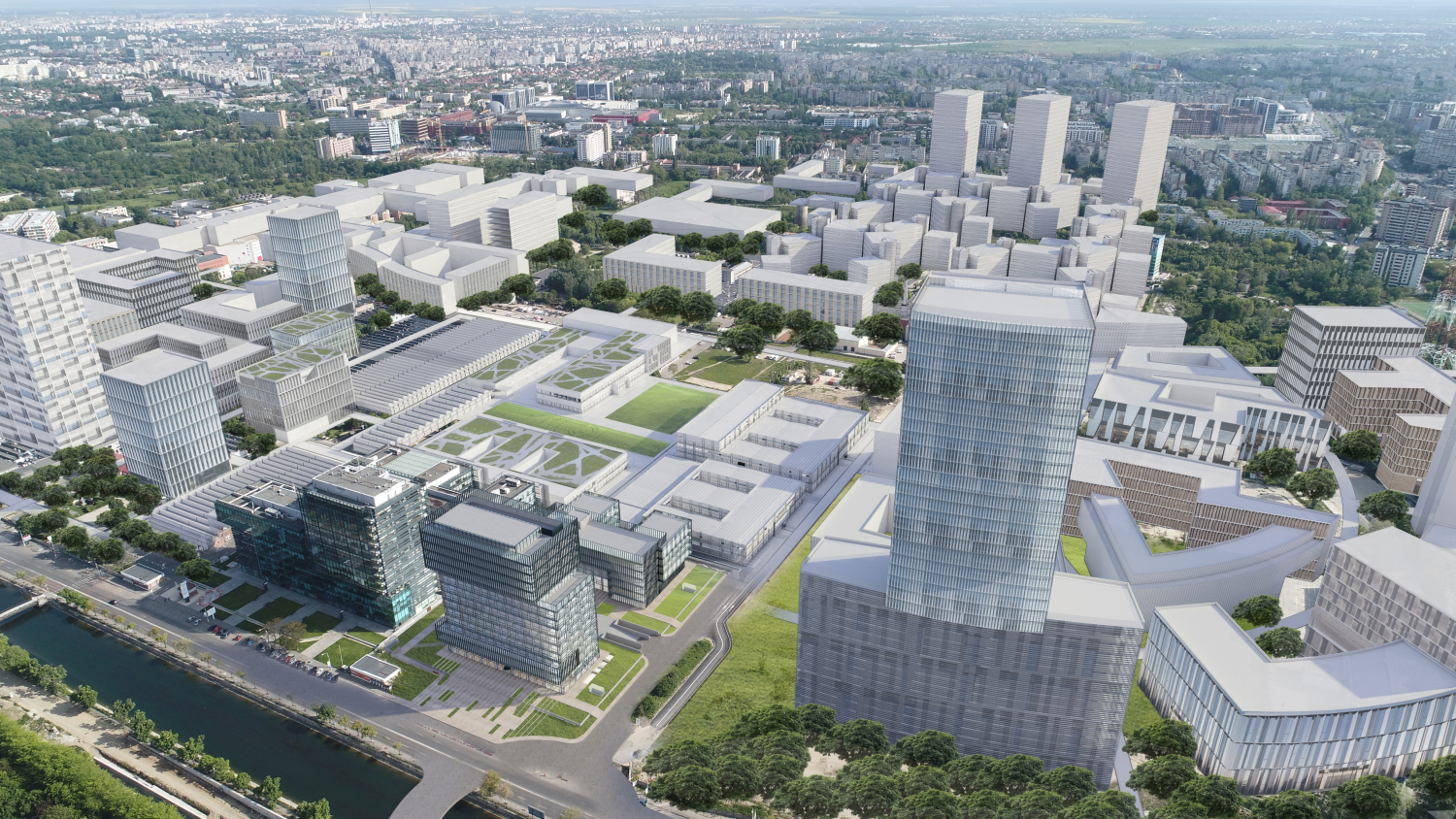“The first half of the year was interesting from a demand perspective, with all major cities recording significantly higher residential sales compared to 2023, and Bucharest reporting an increase of around 22%. Transactions involving single-family homes are well above pre-pandemic levels. Against this backdrop, Eurostat's recently updated consumer confidence series shows that the intention to buy or build a house in the next 12 months was near record levels in the first quarter of 2024. Although the index has declined slightly, it remains well above the historical average, indicating above-average buying interest. Several economic factors are creating favorable conditions for buyers, from accelerating wage growth—which has once again outpaced inflation—to interest rate cuts by the central bank, with two decisions already made and more likely as inflation continues to decline,” explains Gabriel Blăniță, Associate Director Valuation & Advisory Services at Colliers Romania.
House prices are currently rising at a single-digit pace, close to the upper end of the range but slightly below average wage growth, which has been around 13% a year, according to the latest data from Colliers. This suggests some improvement in affordability. At the same time, Colliers' consultants note a general decline in the number of permits for residential projects, both in Bucharest and in other regions of the country. This decline is explained by various administrative problems, particularly in Bucharest, but also by increased caution on the part of some developers.
The final data for 2023 confirms a slight decrease in total residential deliveries compared to 2022, with around 71,000 units delivered compared to 73,000 in the previous year. However, 2022 was an all-time record, so the 2023 results remain quite solid. In addition, Colliers consultants point out an interesting detail: deliveries in urban areas increased compared to 2022, setting a new record, while the overall decrease was mainly due to a reduction in completed housing in rural areas.
Available data for 2024 indicates a significant decline of about 20% from the previous year, with around 26,000 housing completions in the first half of the year, compared to 32,000 units in the same period last year. This trend reflects a slowdown in construction activity over the past 12 months, driven by increased caution from developers, who are facing concerns about an economic slowdown and still high interest rates. Additionally, difficulties in obtaining permits in certain parts of the country, particularly in Bucharest, have contributed to the decline. However, Colliers consultants believe that overall activity in the real estate market remains stable, and 2024 is expected to be a relatively good year.
However, overall economic developments raise some concerns about the short-term outlook for the real estate market. Economic forecasts for 2024 have been significantly revised downward, and Romania's economic growth in the first half of the year was below 1%, contrary to initial expectations. This slowdown is influenced by both reduced private consumption and negative trends among Romania's trading partners, particularly in the euro area. Additionally, rising imports have weighed on the economy, while the slowdown in global demand is affecting key sectors such as IT and industrial production.
“Looking ahead, much of what we said at the beginning of the year remains valid, as the conditions for long-term growth are still in place. Romania's cities are significantly overcrowded compared to those in the region and Western Europe, and migration from rural areas and small towns to larger cities continues. At the same time, the central bank's monetary easing cycle should support mortgages over the long term, with more noticeable effects expected from 2025 onwards. A robust labor market is driving wage growth. Additionally, Romania's population has started to grow slightly in recent years due to migration, reversing a long-term trend. In the medium term, we may see a decline in housing affordability relative to wages, but falling mortgage costs could provide some relief for buyers,” explains Gabriel Blăniță, noting that the housing market has shown surprising resilience.
However, the low economic growth forecast for 2024 could also impact consumer confidence, potentially reducing purchasing intentions.
“Although the housing market demonstrated surprising resilience in the first part of 2024, numerous economic risks could negatively impact housing price growth and affordability. Slowing economic growth, declining external demand, volatility in global markets, and the fiscal measures needed to reduce the budget deficit could influence the local housing market more than initially expected, suggesting prudence and heightened awareness for those considering long-term investments,” concludes Gabriel Blăniță.










